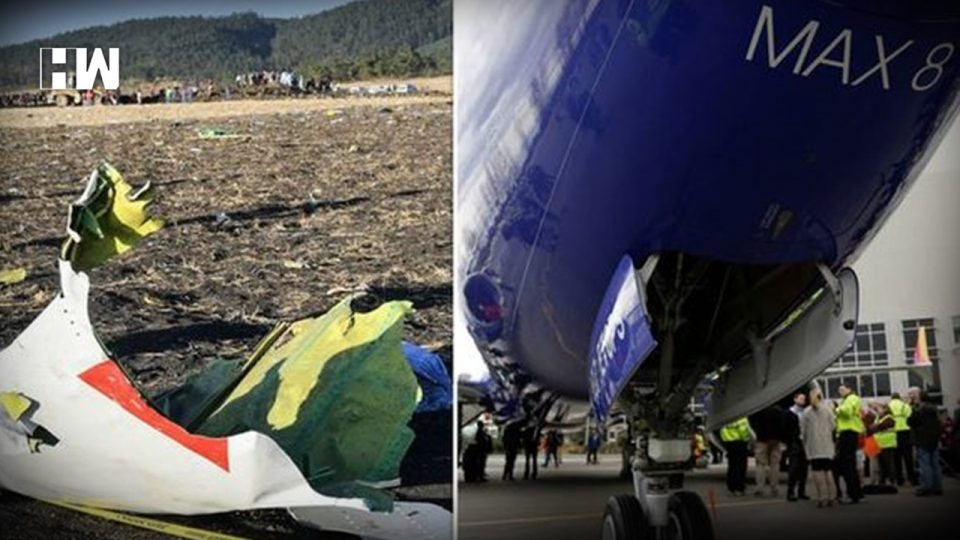These are troubling times for the world’s best selling commercial aircraft – the Boeing 737 series. With two crashes claiming close to 350 lives in the span of little over four months, the Boeing 737’s credibility and its previously sound safety record is under the microscope.
The first crash was on October 29th 2018, when Indonesian discount carrier Lion Air crashed 13 minutes after take-off from Jakarta, killing all 189 on board.
The second was a Nairobi bound Ethiopian Airlines flight that took off from Addis Ababa and crashed 6 minutes after take-off on Sunday, killing all 157 people on board, including four Indians.
As a reaction to Sunday’s accident, precautionary measures were taken by few countries such as China, Ethiopia, Indonesia, Singapore, Mexico and Argentina, which grounded all Boeing aircrafts operating in their respective countries. The United States and India however, were among those that are taking stock of the situation and assessing design and safety flaws before taking a final call on grounding the aircrafts. One possible reason for India’s forbearance may be the fact that a combination of high fuel prices, problems with Jet Airways and run way work at Mumbai airport, combined with the grounding of these aircrafts may be too much for the aviation industry to handle all at once.
Boeing’s 737 Max model has 4 variants and is the fastest selling airplane in the company’s history, accumulating nearly 4,700 orders from more than 100 customers worldwide. They witnessed a robust demand globally as the manufacturer claimed they would bring down fuel costs of airlines by 15%, increase its range by 19% and reduce its engineering and maintenance costs by another 10 – 15%.
 As the 737 Max model (which is the model involved in both recent air crashes) generates almost one third of the company’s operating profit, it is a big reputational blow to Boeing, which delivered more than 250 Max planes last year and is ramping up production to fulfill 5,000 orders. The plane is sold out until 2023. Following the crash, shares of Boeing sank 8.8% to $ 385.50 in early US trading, but managed to recover. Its closest rival, Europe’s Airbus A320 is ahead in the race at present and will be watching these developments very closely.
As the 737 Max model (which is the model involved in both recent air crashes) generates almost one third of the company’s operating profit, it is a big reputational blow to Boeing, which delivered more than 250 Max planes last year and is ramping up production to fulfill 5,000 orders. The plane is sold out until 2023. Following the crash, shares of Boeing sank 8.8% to $ 385.50 in early US trading, but managed to recover. Its closest rival, Europe’s Airbus A320 is ahead in the race at present and will be watching these developments very closely.
India’s two biggest airlines, Spice Jet and Jet Airways have so far taken delivery of a total of 18 Boeing 737 Max 8 airplanes; with 13 of those forming part of Spice Jet’s fleet, and the remaining 5 are part of Jet Airway’s line up; however, all 5 of Jet’s aircraft’s have been grounded by lessors for non-payment of dues.

What is interesting to note is that Jet Airways, over the last three to four years have placed a cumulative order of 225 additional Boeing 737 Max airplanes yet to be delivered. Spice Jet on the other hand has a outstanding order of 155 airplanes with Boeing for its 737 Max 8 model.
As an independent media platform, we do not take advertisements from governments and corporate houses. It is you, our readers, who have supported us on our journey to do honest and unbiased journalism. Please contribute, so that we can continue to do the same in future.

